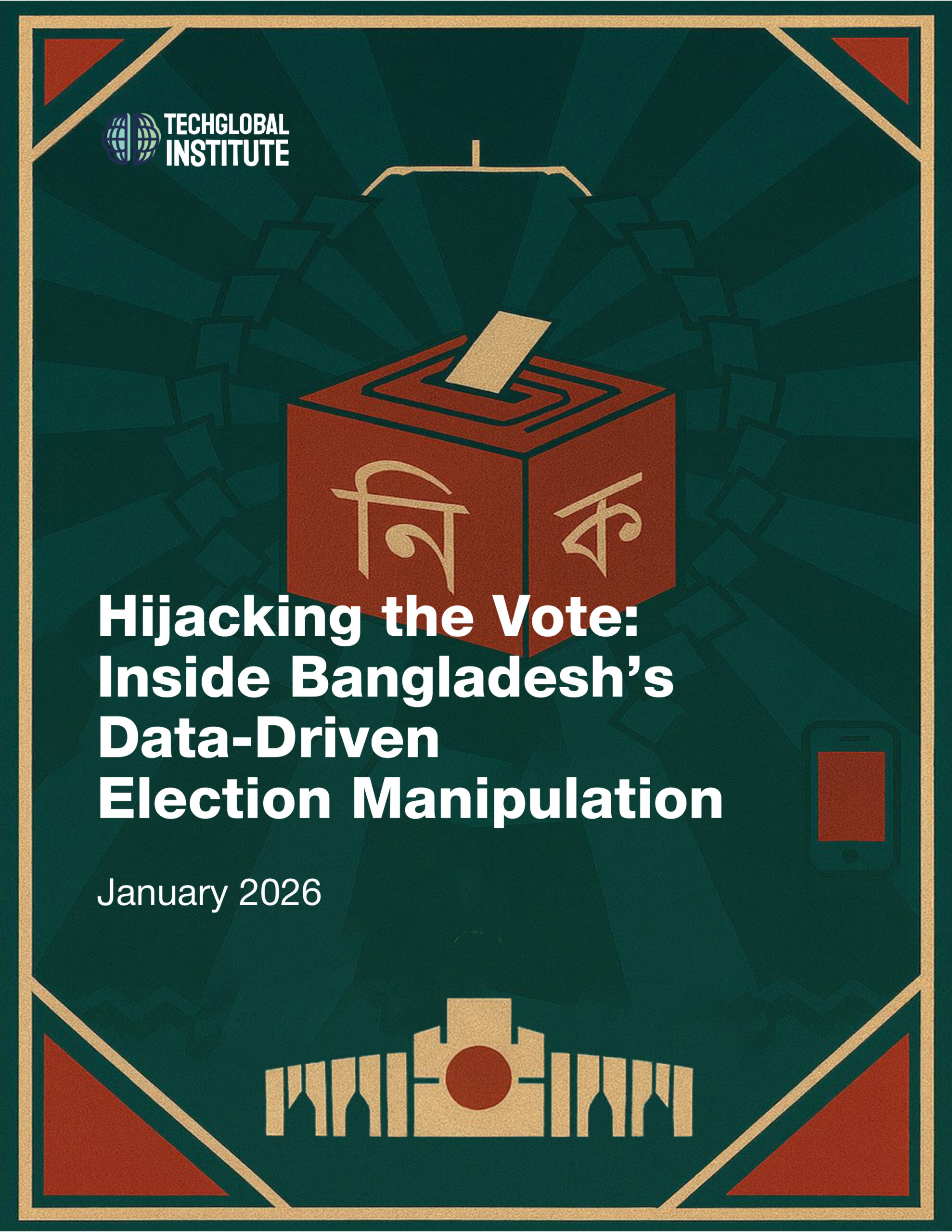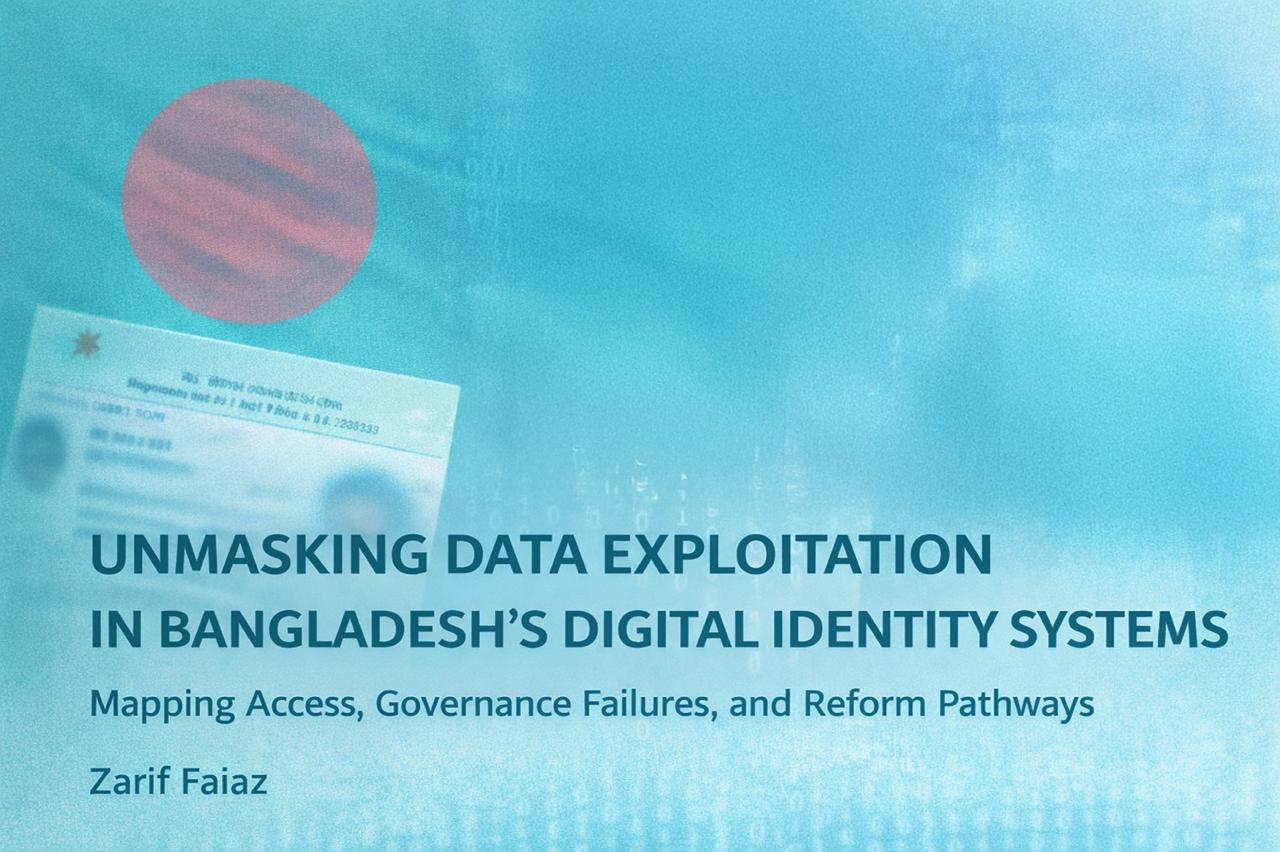Digital technologies—particularly social media or user-generated content platforms and artificial intelligence services—are powered by vast global supply chains of labor, often hidden from public view. At the heart of these systems are thousands of workers who perform content moderation, data annotation, and other forms of digital labor that are essential for training and maintaining technological infrastructures. This labor is predominantly extracted from the Global Majority, facilitated by favorable policy environments and an abundance of low-cost human resources. Other parts of the tech supply chain, such as mineral extraction for hardware components and electronics manufacturing, are similarly marked by exploitation.
By and large, these labor-intensive operations are controlled by multinational tech corporations, mainly located in the Global North, and are routinely outsourced to lower-cost jurisdictions—often not directly to workers, but to third-party vendors, who in turn hire and manage workers. Offshoring has become a popular model, as experts observe, because companies can locate screen-based activities anywhere they find the best bargain of skills and productivity. India and the Philippines, since in the late 1980s and 1990s respectively, emerged as global hotspots for tech corporations to outsource back-office functions—such as customer support or IT enabled services—owing to their vast supply of cheap specialized labor. Now, these functions include content-related digital platform labor, including but not limited to content moderation and data annotation. Business process outsourcing companies presently employ 1.1 million people in India and 1.2 million in the Philippines. Similarly, other countries in Asia, like Pakistan, Bangladesh, Lebanon, Malaysia, and Indonesia have sizable workforces engaged in various forms of digital platform labor, including gig work.
In these markets, outsourcing models relegate workers to the bottom of the supply chain—they often have little to no access to, information about, or bargaining powers with the platforms or projects they work for. Meanwhile, local vendors compete to secure contracts from tech corporations in a race to the bottom, each striving to provide the cheapest possible service, thereby perpetuating exploitative labor practices themselves and playing a role in keeping the labor wages low. This has created transnational value chains embedded in a planetary market, where corporations are seen to be taking advantage of borderless contractual arrangements that often escape domestic legal scrutiny, sidestep labor rights, and neglect worker well-being. Pressures from regulators or civil society have proven only partly effective as platforms often find covert ways to sustain these models, discussed at length in this essay, signaling not only complicity, but a systemic and organized appetite to exploit labor.
Practices reminiscent of colonial repression have shaped and sustained offshoring businesses such as the business process outsourcing industry, where economies of the Global North are able to appropriate disproportionately high amounts of labor from the Global Majority without an equitable exchange. Creative and sophisticated aspects of tech production and sales—like direction, production, marketing, public relations, or campaigning—are almost exclusively restricted to company headquarters in the Global North, while the unglamorous work of delivering end-mile logistics, training artificial intelligence models, or cleaning up content on platforms is leased out to exploited markets in the South. Taken together, these systems reveal how the promise of technological innovation is frequently built on labor regimes that externalize social costs onto already marginalized populations, while remaining largely unaccountable to them.
The present state of digital platform labor is marked by a wide spectrum of harms, warranting platform accountability and policy reform. In this context, our research examines how systemic mechanisms within tech supply chains, particularly content moderation and data annotation, enable sustained labor exploitation in the Global Majority. Drawing on case studies from Asia with supporting evidence from Kenya, Ghana, and Venezuela, it maps the patterns of harm embedded in the outsourcing model. The final section assesses these practices against international and regional labor standards on decent work and worker protection, such as those of the International Labor Organization (ILO), and evaluates domestic measures to combat harm.




